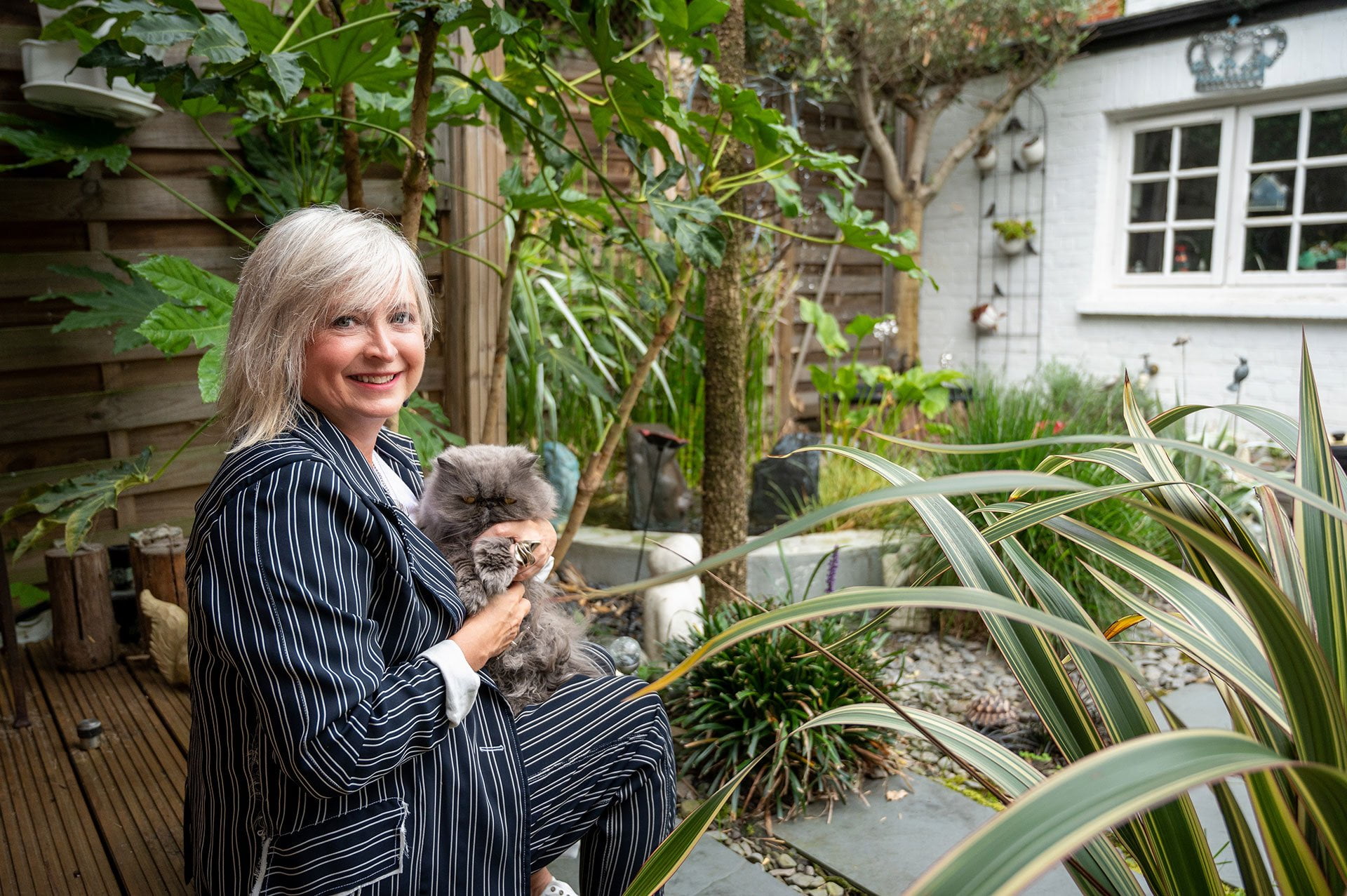Understanding the Impact of Shame and Blame: Breaking Free from Unhealthy Cycles
Understanding The Impact of Shame and Blame
We at various times have felt that awful cloak of shame, that painful feeling of humiliation and distress. This emotion can derive from small covert events in childhood. When our loving families have those family rules, but forget or simply do not understand that we, as children do not know these rules, or those family traditions, or can distinguish the fine line between banter and humour.
Can you remember a time that you were reprimanded or laughed at because you did something wrong, however you did not know it was wrong?
I can remember a time that I loved to sing and dance to Sandy Shaw’s ‘Puppet on a String’ bare feet on the breakfast bar. When family came to visit, I was put on show like a little dancing bear…. Oh how everybody laughed. I did not know what was happening, my stomach knotted, I wanted to cry but knew that would make it worse. Where is that hole in the ground, when you want it? This was a pivotal moment. I made a decision to keep myself small.
Have you had a moment like this? Such a small moment from an adult’s perspective but a huge impact for a 4 year old child.
That little 4 year old continued to protect me for many years, until I found tapping and resolved this conflict. Yes, we can resolve those parts of us that get stuck.
My clients have shared with me their journeys of shame, that have expressed themselves in so many limiting beliefs, affecting their emotional well-being and relationships and creating:
- negative self-image
- low self-esteem
- self-critical thoughts.
These internalised beliefs can manifest in various ways, such as:
- social avoidance
- self-isolation
- or even aggression as a defence mechanism.
Furthermore, shame can contribute to the development of mental health issues, including anxiety disorders and depression. The weight of shame makes it difficult for individuals to embrace vulnerability and form healthy and authentic connections with others. It erodes self-confidence and creates a fear of judgment and rejection.
Exploring and understanding the concept of shame is crucial in order to address its impact and work towards healing and resilience. With many, it is not simply one event, it is like little raindrops spanning time. Unfortunately, those little raindrops turn into puddles that turn into reservoirs and finally oceans and tsunamis which are are not pleasant.
Therefore I share here with you some of my personal stories not to create pity, or any other emotion Because I truly believe “If we can share our story with someone who responds with empathy and understanding, shame can’t survive.”
― Brené Brown, Daring Greatly: How the Courage to Be Vulnerable
And the more light we shine on these events with humility and compassion, the more we can integrate all our parts who perhaps have been frozen for so long, and this takes vulnerability.
And this brings us to humour, in the UK we have this term of banter…. However most often than not, this banter is at the cost of someone.
The Germans have a name for this, “shadenfreude”, the pleasure derived from witnessing the misfortune of others, which can, not surprisingly be connected to shame.
Of course, there is a biological and psychological reason for why a person would do this. They may temporarily feel relief or validation by comparing themselves to others’ failures or shortcomings. This momentary respite from shame can be a defence mechanism, allowing individuals to escape their own insecurities and vulnerabilities.
However, engaging in shadenfreude can hinder empathy and compassion. It involves deriving pleasure from the pain of others, leading to a disconnection from their experiences. Engaging in shadenfreude may be a way for individuals to avoid facing their own insecurities or shame, but it ultimately perpetuates the cycle of shame and reinforces a lack of empathy.
In today’s world where social media is now used as a tool to shame and blame, it is time that we cultivate empathy and incorporate this into our daily practice of gratitude. As we have no idea why people behave as they do, or their choices of life. On the other hand, there is also the shiny $$£££ which cultivates comparison and thus we may feel less than.
Blame often arises from the need to assign responsibility or find a target for negative emotions.
Are we living in a blame culture? Individuals may deflect their shame onto others, perpetuating a cycle of blame and shame.
When someone is blamed, it intensifies their feelings of shame and reinforces the belief that they are unworthy or at fault. The blame game hinders personal growth and prevents individuals from taking responsibility for their own actions.
This is where cultivating our own personal growth is crucial by:
- learning to communicate
- active listening
- being open to learn from our mistakes.
Overcoming Shame and Cultivating Resilience
Overcoming shame begins with recognising and acknowledging its presence in our lives.
This self-awareness allows individuals to challenge the negative beliefs and self-judgments associated with shame. Developing self-compassion and practicing self-care are crucial aspects of navigating and healing from shame. By treating ourselves with kindness and understanding, we can gradually build a more positive self-image and reduce the impact of shame.
Building supportive relationships and finding a sense of belonging is also instrumental in counteracting the effects of shame. Connecting with others who can provide empathy, acceptance, and validation can help individuals heal and develop resilience. Embracing vulnerability and sharing our experiences with trusted individuals creates opportunities for connection and growth. In some cases, seeking professional help, such as therapy or counselling, can provide valuable guidance in addressing deep-rooted shame and developing healthier coping strategies.
In the next blog we can deep dive further into Trauma and Shame.




Leave a Reply
You must be logged in to post a comment.